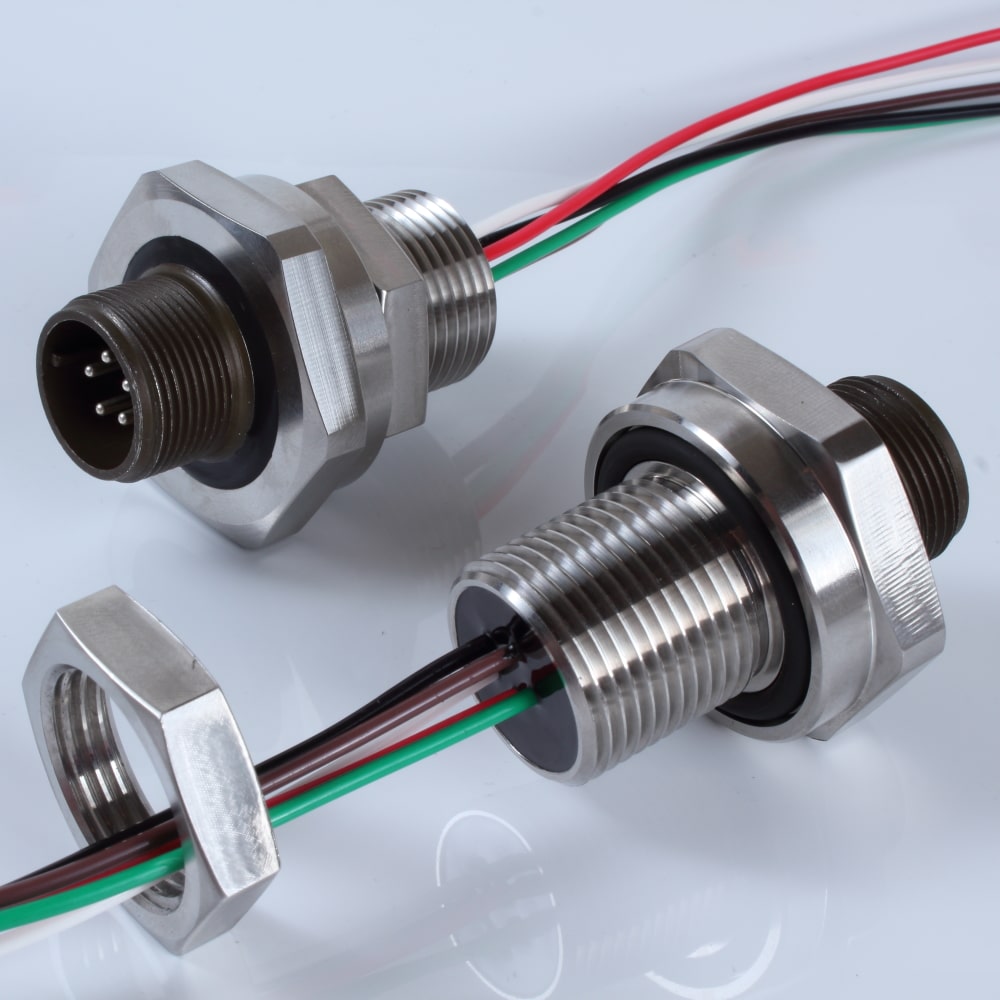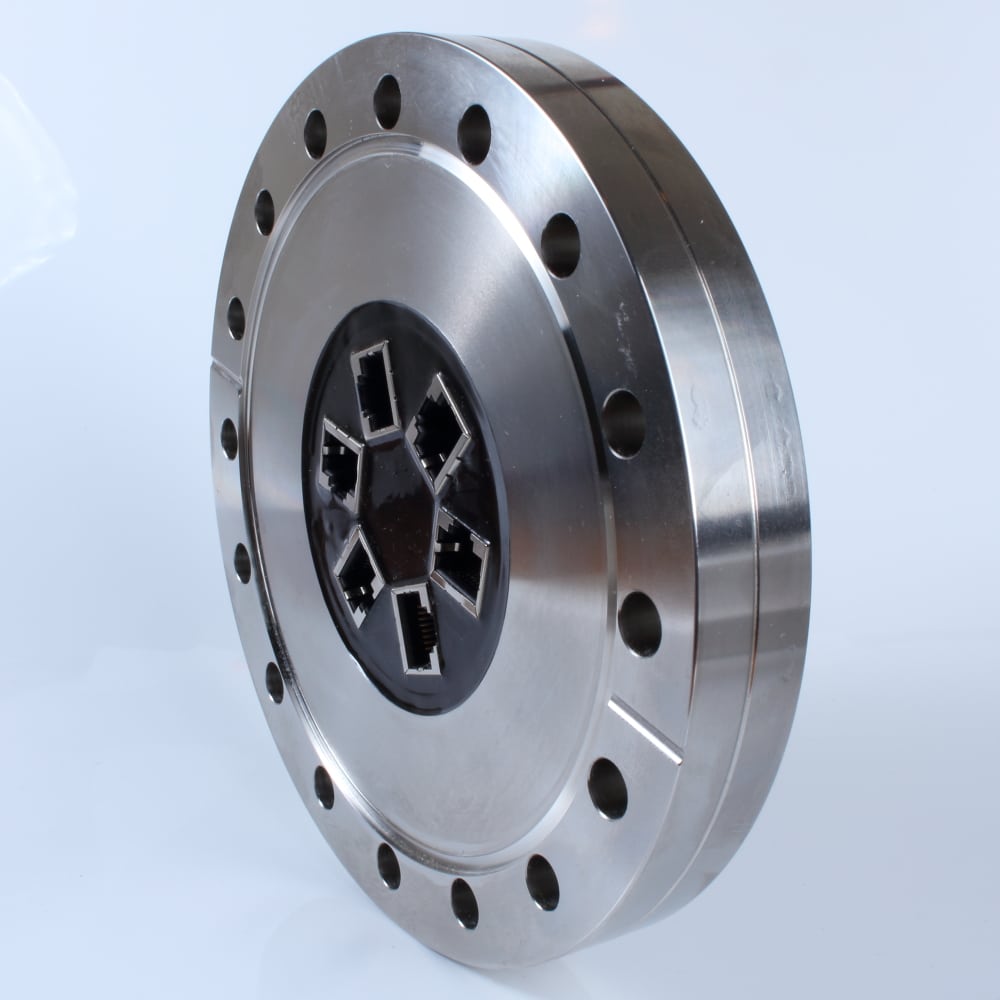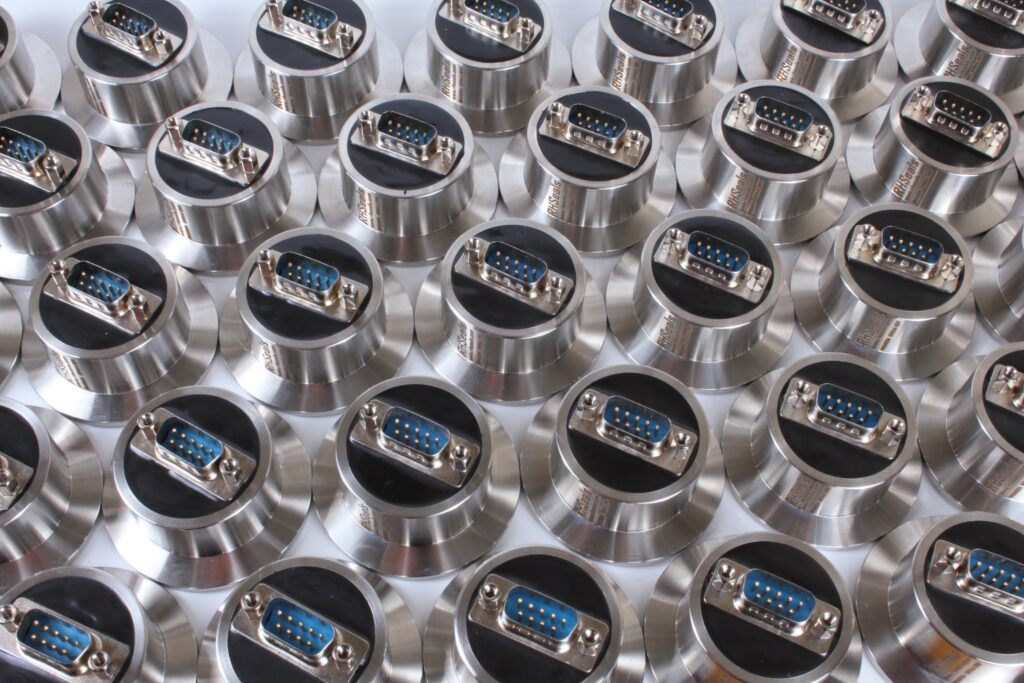What is a Hermetic Seal?
Mark Nuttbrock, President
Reliable Hermetic Seals, LLC
Part Buyers Authority, Fall 2019
Reprinted with permission from
Part Buyers Authority www.partbuyersauthority.com
Hermetic seals have been around for centuries, and they continue to evolve with technology and innovation. Hermetic seals used in manufacturing can be applied to many different industries; in fact, you probably come across hermetic seals in your day-to-day life.
These seals allow currents or signals to be transferred between two separate environments. The transfers are made without interruptions from moisture, gases, or other particles leaking. If any leakage occurs, they can wreak havoc on one or both environments. And, in some cases, any dust or other small particles passing through can cause explosions. By using hermetic seals, the risk for damages is minimized; hence, the need for a reliable hermetic seal.
So, what exactly do hermetic seals actually do?
Hermetic seals:
- Provide a passage of currents or signals through two environments
- Prevent leaks (solids, liquids, and gases)
- Come in a variety of shapes, sizes, and purposes
- Can be standardized stock products or custom products
Hermetic seals do not:
- Seal 100% perfectly – leak rates are miniscule, but not zero
- Withstand all temperatures, pressures, or all extreme environments – even the highest quality hermetic seals have limitations

TYPES OF HERMETIC SEALS
Types of seals have evolved over time and will likely continue to evolve with technology. For example, fiber optic technologies are relatively recent; thus, the need for hermetic fiber optic seals is also recent. Hermetic
seals are not limited to present technologies. New hermetic seals are created all the time, and they can be created to meet new challenges.
Hermetic seals come in all different shapes, sizes, and materials, and the seals can be used in a multitude of industries. Some types of hermetic seals include (but are not limited to!):
- Connector Feedthroughs (any commercial, military, or custom connector)
- Wire Feedthroughs
- Multi-Conductor Cable Seals
- Fiber Optic Seals
- High Current Feedthroughs
Seals can be as small as a couple of millimeters, or as big as several meters. The size of the seal depends on the type, material, and use. Plus, seals can be made using epoxy, glass, or ceramic. All of these manufacturing options allow for hermetic seals to be versatile and widely used across industries. Epoxy seals are the newest type of hermetic seal, and epoxy offers certain benefits over ceramic or glass seals.
- Epoxy seals are usually lighter than glass or ceramic
- Lead time is shorter
- Tooling for epoxy seals is simpler
- Epoxies are often less expensive

INDUSTRIES
Each seal serves a different purpose and can be used in different industries. The industries are as broad as types of seals, and new industries discover a need for hermetic seals all the time.
- Marine: Hermetic seals in the marine industry must withstand many environments. Seals may be required to pass information through two differently pressurized environments, two different temperatures, or even one liquid and one gaseous environment.
- Aerospace: Aerospace demands continue to increase. As the limits of aerospace grow, so do the limits of hermetic seals. It was once a breakthrough for hermetic seals to make it on an airplane, but hermetic seals are now on Mars and the International Space Station.
- Military: The military was the first industry to regulate hermetic seals. These standards ensure compatibility, reliability, changeability, and performance standards. Hermetic seals can be found in military planes, ships, submarines, and research equipment. Because the military covers so many industries, it requires diverse seals. This means that the military requires wire and cable seals, connector seals, explosion-proof seals, and even more.
- Ground Transportation: Even with specialized needs for hermetic seals, these parts find a way into everyday uses as well. Cars, motorcycles, ATVs, and other ground vehicles utilize hermetic seals. Fuel tanks, batteries, suspensions, fuel injections are all systems that use hermetic seals. The vehicles you use daily require hermetic seals to function.
- Oil and Fuel: Hermetic seals, most often wire or explosion proof seals, make an appearance in the fuel industry. It is important to have hermetic seals in this industry as to not allow moisture or dust to disrupt the environment.
- Medical: Hermeticity in the medical industry has greatly evolved over time to meet different sterilization and operation requirements. From hermetic packaging to soldered or welded seals, hermeticity is everywhere in healthcare. There are X-Ray machines, CT machines, laboratory equipment, computers, and so much more. All of these devices require that data is transferred properly, and these devices may come in contact with different environments. Dust and moisture cannot pervade any seals; this could affect readings, accuracy, and the operations of the equipment.
- Refrigeration Compressors: Refrigeration compressors involve high pressure and condensation, both of which can harm machinery if these environments are not properly contained. Hermetic seals allow for currents to pass through two different pressurized environments without any leakage or disruption from moisture.
- Research and Development: Research and Development drives innovation, so it should come as no surprise that R&D pushes the hermetic seal industry to continually broaden and improve. A common seal used in R&D is a thermocouple seal, which provides temperature data. These seals provide temperature measurements where thermometers aren’t practical.
IN SUMMARY
The concept of hermetic seals has been around for hundreds of years, and while hermetic seals have evolved over the years, the number of applications continues to increase. A quality, reliable hermetic seal is necessary no matter the type, size, material or use. Whether for an implantable medical device or the International Space Station, hermeticity is essential.


